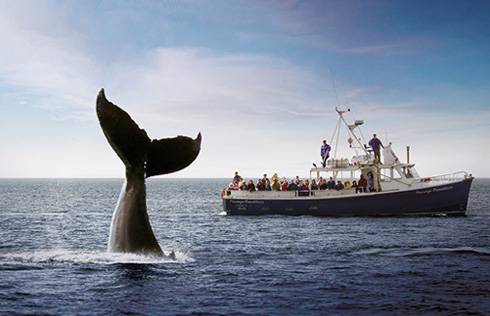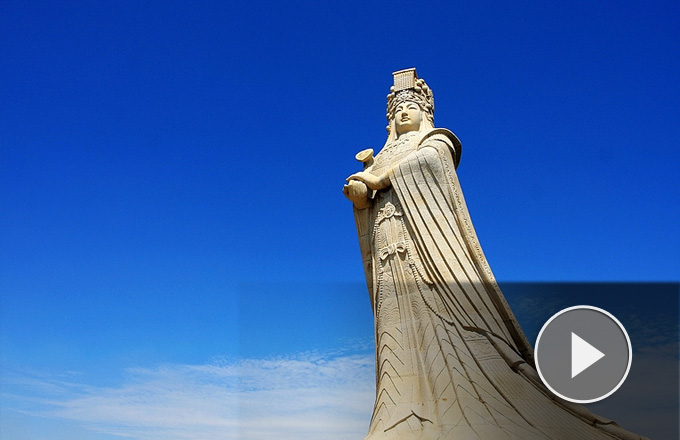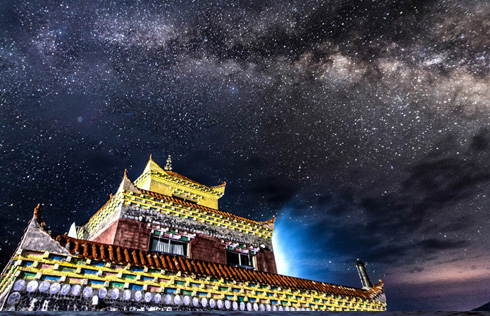The ninth day of the ninth month in the lunar calendar (October 9 this year) marks the anniversary of Chinese patron goddess Mazu ascending into heaven. To promote Mazu culture, the documentary Mazu – Goddess of the Sea premiered last night.
Mazu – Goddess of the Sea is the first documentary to feature world-famous Mazu temples and Mazu's worshipers. It took the Fujian Radio and Television Network two years to produce the program, during which its crew members travelled to eighteen countries and regions all over the world, visited hundreds of temples, and interviewed nearly a thousand believers. All of their work is summed up in five 50-minute episodes. In the documentary, a great number of true stories reveal why Mazu is gaining popularity in certain environment, location, time and community. The documentary-makers further explore how she leaves such a profound impact on Chinese people.
Mazu faith is China's first folk belief to be listed among the World Intangible Cultural Heritages. It is shared by three hundred million people. Different Mazu temples often organize gatherings together. They become closer to one another thanks to continuous pilgrimages, visits and exchanges. Today there are 5000 Mazu temples in the world, 2000 of which are located in Taiwan. Taiwan has a population of 23 million people and the majority of them, around 17 million Taiwanese, believe in Mazu. Actually, Mazu has been worshiped by both sides of the Taiwan Strait for centuries.
The creators of the documentary hope the outside world will better understand Chinese people from the perspective of Mazu culture.
According to CCTV staffers who have already watched Mazu – Goddess of the Sea, the culture-centered documentary is informative and of high quality. It fully demonstrates the connection between the Chinese mainland and Taiwan.
Mazu – Goddess of the Sea will be aired at 20:00 on CCTV-9 and 22:00 on Fujian Strait TV for five consecutive days, followed by SETV, TVBS and ETtoday.























 Raymond Zhou:
Raymond Zhou: Pauline D Loh:
Pauline D Loh: Hot Pot
Hot Pot Eco China
Eco China China Dream
China Dream China Face
China Face






